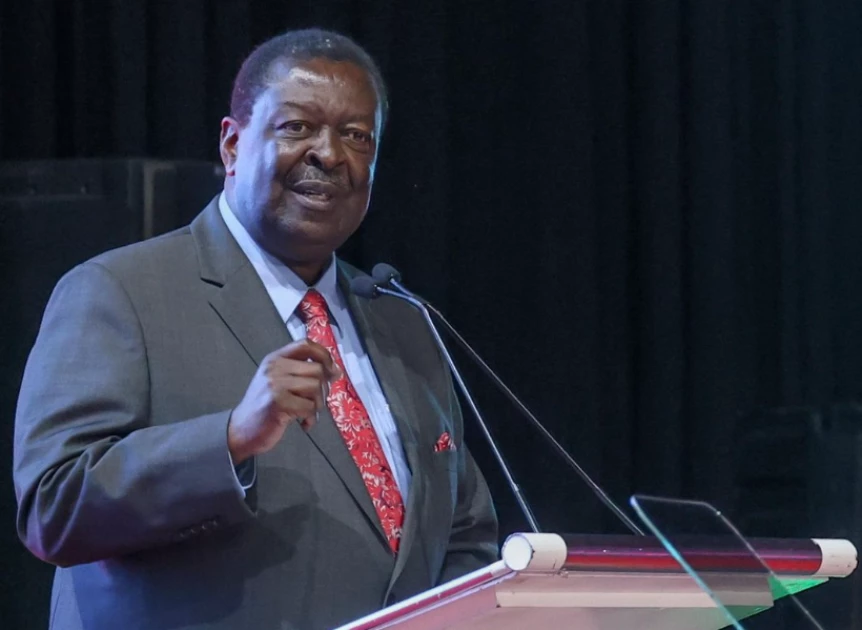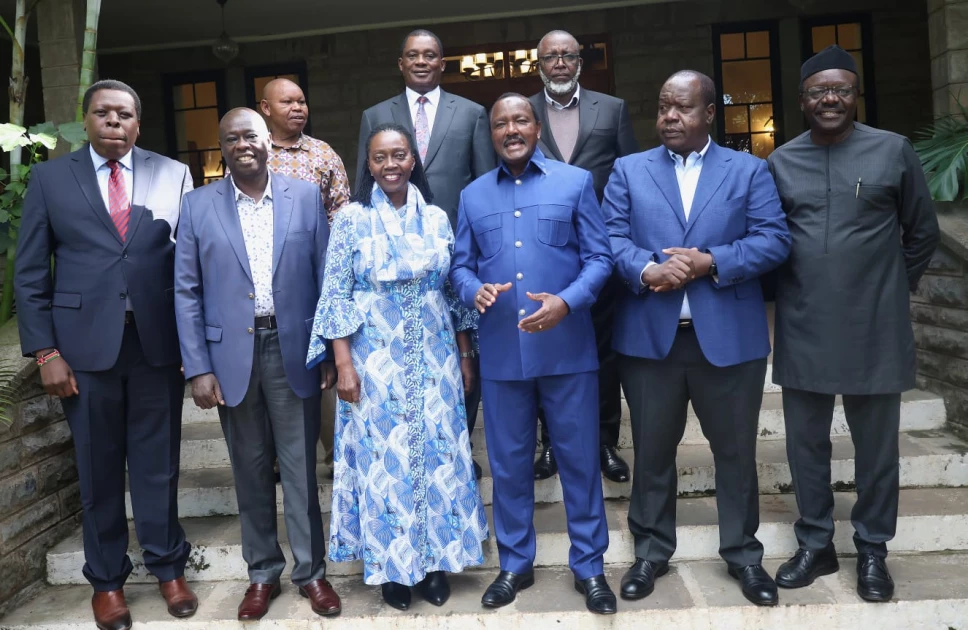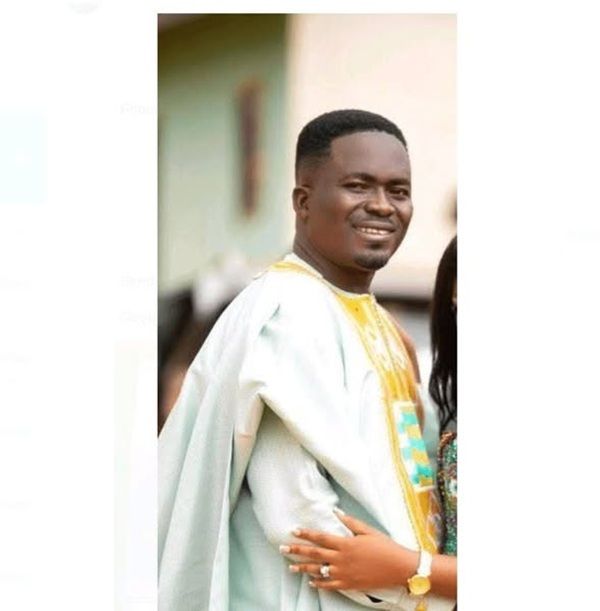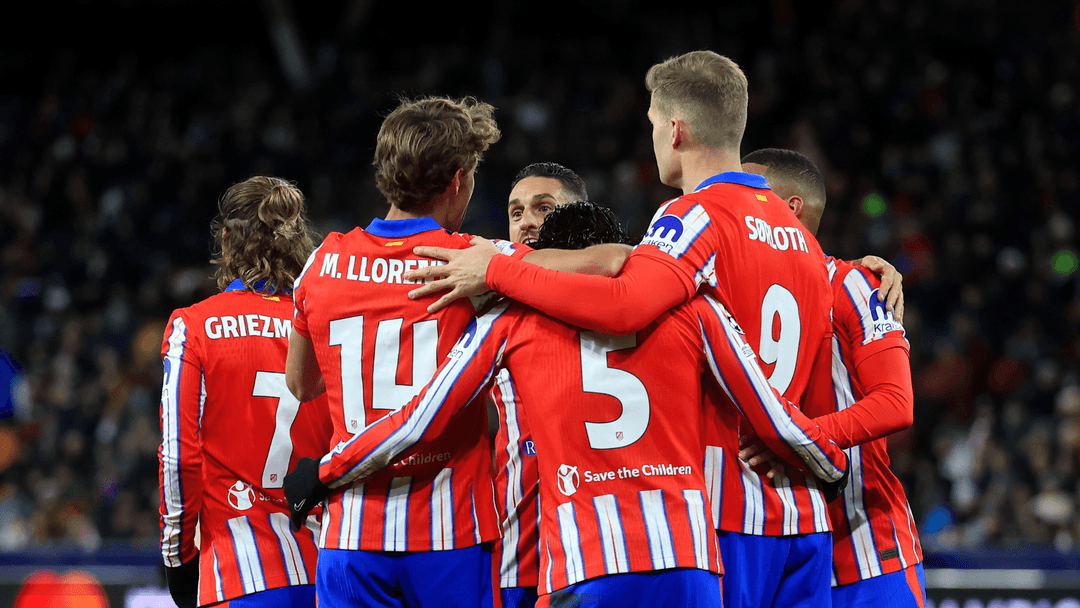'Counterpoint' fuses jazz, classical music through tap and piano
What do you get when you cross a piano recital, a tap dance and a vaudeville routine? That’s probably not a question anyone had asked before Conrad Tao and Caleb Teicher’s explosive show, Counterpoint.
The duo performed the show on Sunday afternoon at The Clarice Smith Performing Arts Center’s Gildenhorn Recital Hall. The intimate space brought audiences closer to the action, a crucial element for showcasing such intricate tap work.
Tao and Teicher have collaborated for more than a decade, first gaining notoriety as a pair with their 2019 composition More Forever. In 2023, they took an abridged version of Counterpoint to NPR’s Tiny Desk Concert, dancing and playing their way across the internet.
The pair opened the show by discussing Counterpoint’s title, which refers to both a musical technique of combining two melody lines and the interplay between Teicher and Tao’s distinct crafts. Even their clothing emphasized the contrast: Tao in a dark textured suit, Teicher in a bright white jumpsuit with pink tap shoes.
The program spanned a vast range of musical genres, from a Viennese waltz to a soulful improvised duet to a Bach aria that bookended the performance. Teicher’s tap work was metamorphic, acting at times as a drum set, sometimes a mirror of the piano’s phrases, and in the jazz standard “Cherokee,” a scatting vocalist.
“I thought anytime [Teicher] did the really fast feet, I was mind blown,” Nico Drummond, a junior architecture major and audience member, said. “It was so artful.”
Tao brought a uniquely physical presence of his own, rocking back and forth at the keyboard and while quietly vocalizing along to the melodies. His prowess shone through on solo piano pieces such as Maurice Ravel’s “Sonatine” and Johannes Brahms’ “Fantasias: Intermezzo” in E major, lending a more traditional sense to the otherwise contemporary performance.
At the heart of the show sat “Rhapsody in Blue,” George Gershwin’s seminal work that incorporates jazz and classical elements. With Gershwin’s original piece arranged for a full orchestra, Tao carried the weight of the entire ensemble at the piano with his melodies.
But Teicher’s vibrant vaudeville dance and mime-like comedy, dancing in and out of splits and sashaying from one side of the floor to the other with ease and intense expression, made the piece soar. Keeping feet in impeccable timing with piano is one thing, but Teicher utilized the rest of their body as well, drumming on their chest and thighs to add more sonic layers to the piece. Audiences gasped in shock and cheered after Teicher’s slow descent into a center split at the crux of the piece.
Audience member Julia Snoke, a senior secondary education and history major said the show was a refreshing take on the practice.
“Caleb Teicher is a tap dancer that I look up to and admire,” Snoke said. “That was so fantastic being able to finally see them in person.”
The duo also performed “Swing 2,” an arrangement from More Forever that replaced traditional tap shoes with soft, leather-soled footwear for a more muted sound. Teicher punctuated the percussion with carefully placed snaps and claps.
Wolfgang Mozart and David Parker’s “Rondo Alla Turca” became a tap solo, with Teicher singing the melody while tapping — at one point holding one foot while tapping with the other. They also performed “The Coles and Bufalino Soft Shoe,” explaining its origins as a choreographic collaboration between two respected tap artists. After finishing, they performed it again, emphasizing each choreographer’s artistic nuances, allowing the audience to see for themselves where one or the other might shine through.
Maya Thompson, an Upper Marlboro resident, was impressed by the performers’ dynamic on stage.
“I thought that there would be more individuality in their performances. And I think what happened was there was so much support from the artist who was not performing when the other artist was performing,” Thompson said. “So when [Teicher] was sitting and listening to [Tao] perform solo, there was so much support in the air between them … and then when they came together, that just exploded.”












